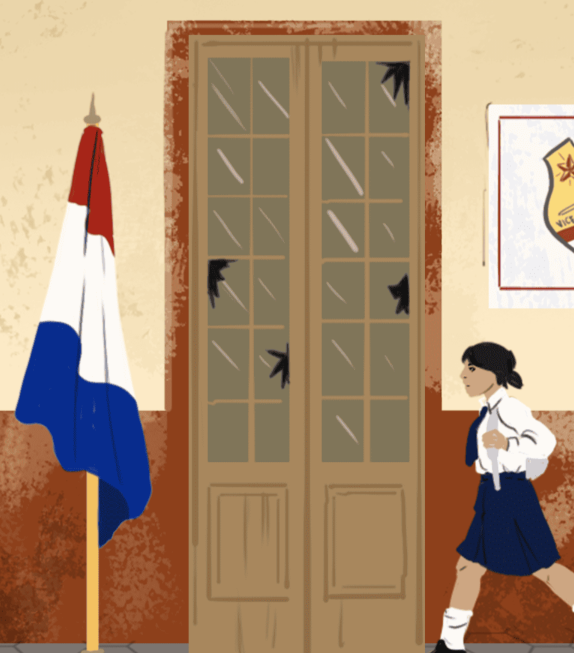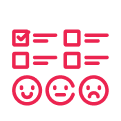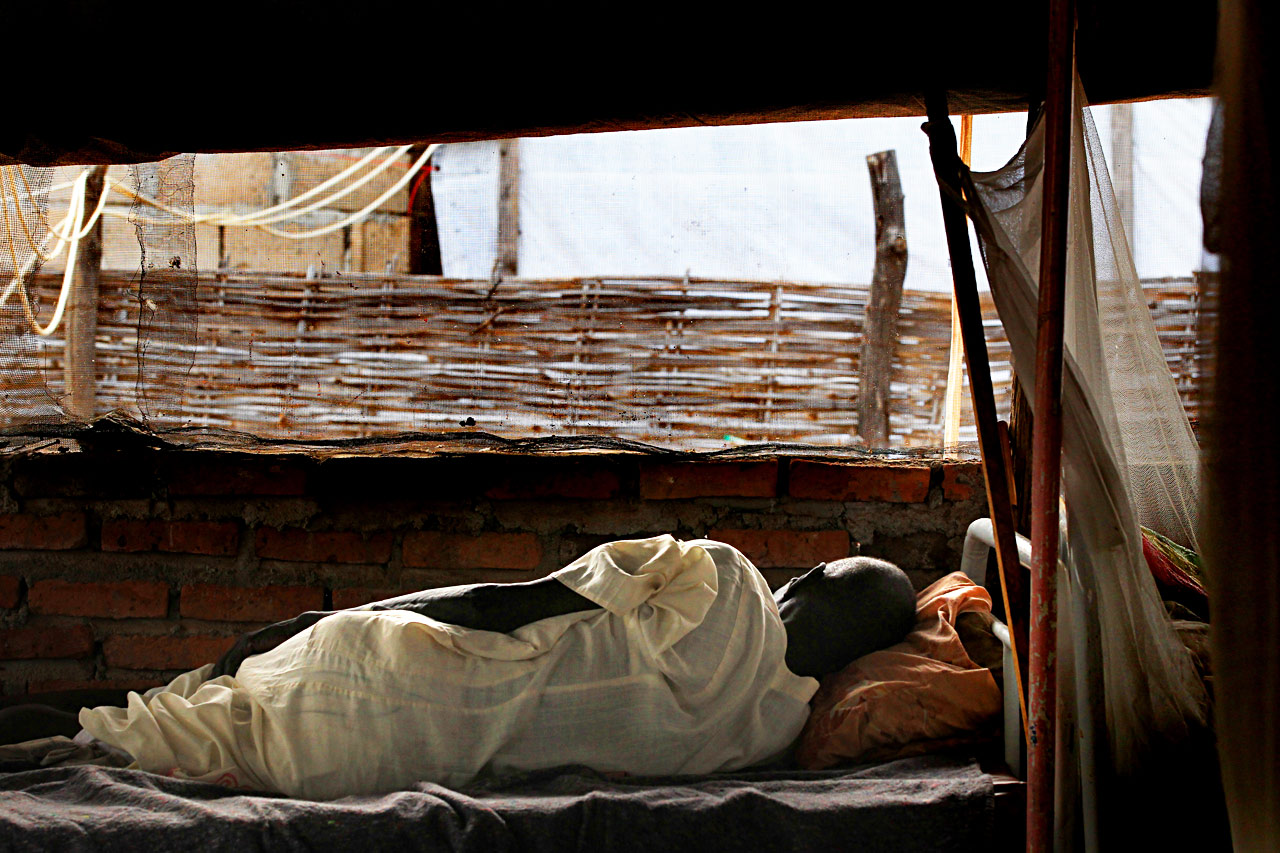
School corruption
Students in Paraguay revealed that funding intended for repairs at the most run-down schools in the city were often misspent or going to schools with political connections. The investigation empowered school administrators, students, and parents to understand their rights and monitor public spending. The allocation of funding has improved significantly, ensuring children in the most needy schools can learn in a safe environment.
From opaque spending to live monitoring of school repairs
As a teenager, David Riveros García became frustrated with the rampant corruption he saw in his city, Ciudad del Este. He rallied students, and started reAcción, so young people could have a say about what was happening in the community. It wasn’t easy. David was threatened by corrupt officials. But that didn’t stop him.
Since 2013, David and his team have been following the money spent on schools in Ciudad del Este. They started their research with simple techniques: gathering official records, interviewing school principals, and taking photos of school infrastructure. Over time, they built digital apps so their monitoring could be done faster and more regularly. Now, anyone can track school spending in real-time using reAcción’s online platform, Foco and send automated alerts to authorities about irregularities.

USED PATHWAYS
What IMPACT after the investigation?
With consistent pressure from reAcción and the community, there has been a dramatic improvement in how educational resources are allocated in the city of Ciudad del Este. More than 80% of the most needy schools now receive funding, compared to fewer than 20% in 2015.


SEEK Suggestions













